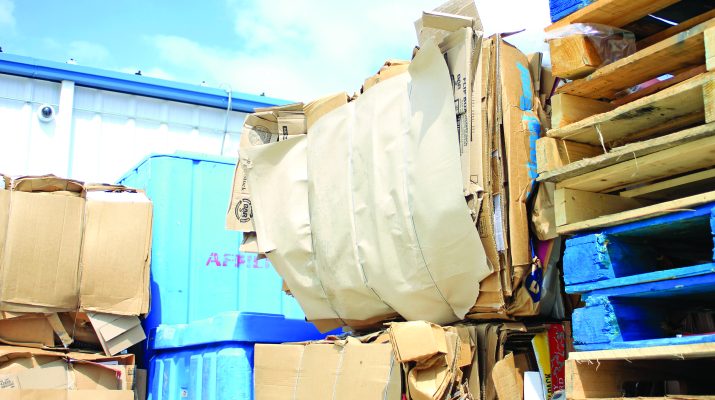Bulging backpacks left jammed with supplies on the first day of school only to return (almost) empty. A scrunched up yellow welcome packet fell out of the seventh grader’s pack on his way to the fridge. On the back page, after short bios and classroom expectations from every teacher, appeared a simple assignment for homeroom the following morning: Write a two-page, typed (double-spaced) essay with the theme – How I spent my summer vacation.
Our two children will join hundreds of other local students as the 2022-23 academic year begins later this month. Somehow, I do not think an account of what they did since last spring will be the priority. Rather, everyone has to shift gears – often spending time overcoming “brain drain”. Kids who attend summer school and/or complete supplementary lessons at home may have a leg up though.
What students learn between grades, on break from being students, does not easily fit into the subjects awaiting them in the classroom. There are life’s lessons (part of growing up) and topics that resonate better through personal experience. How much, for example, do young people – kindergarten to twelfth grade and anywhere in between – know about “the environment” and how much are they likely to learn over the next nine months?
As an adult with a fair amount of hindsight, what comes to my mind is the Earth and its ecosystems, human interaction with nature and how that balance has been flubbed up overall for generations. Efforts to set things right as some warn of a “point of no return” entertain my optimistic nature. Children are more apt to talk about “their environment” – that intimate slice of the world where family, best friends and a faithful border collie/australian shepherd mix live.
At District 1, the country school down the road, we heard about acid rain and the hole in the ozone layer. Both environmental concerns sounded suitably frightening then, yet had no noticeable impact. Living a few miles off the highway and attending a two-room school for nine years taught more practical lessons.
Living on a pivot corner in the 1980s or ‘90s or in Alliance or Hemingford now, summer beckons kids to expand their environments. Sure, you can roam around with friends and get into mischief anytime although when the mercury rises there is a sense of timelessness and adventure. Days at the pool, lake, riding bikes or meeting for a baseball game are priceless. There is time for discoveries when twilight comes after 8 o’clock. Encountering wildlife, as close as the lawn, lets kids know they have more neighbors right under their noses. My brothers and I raised our own baby toads from tadpoles found in our flooded corral.
Summer can also be the best opportunity for youth to leave town for a day, maybe even a couple weeks, and experience somebody else’s everyday world. Both our children camped with their peers this past summer. Away from home meeting new people or learning more about kids you already know, has a way of introducing new places, activities and viewpoints. Without summer camp I would have missed out on a lot of science, from geology while spelunking and engineering tying a rope bridge to tasting a carpenter ant (tart, by the way) and writing a report for my Environmental Science merit badge.
Children who interact first-hand with nature will carry those moments the rest of their lives. Value what is in your sphere early on and the probability is higher you will care about the neighbor next door or across the globe. Respect the environment, love your world.

